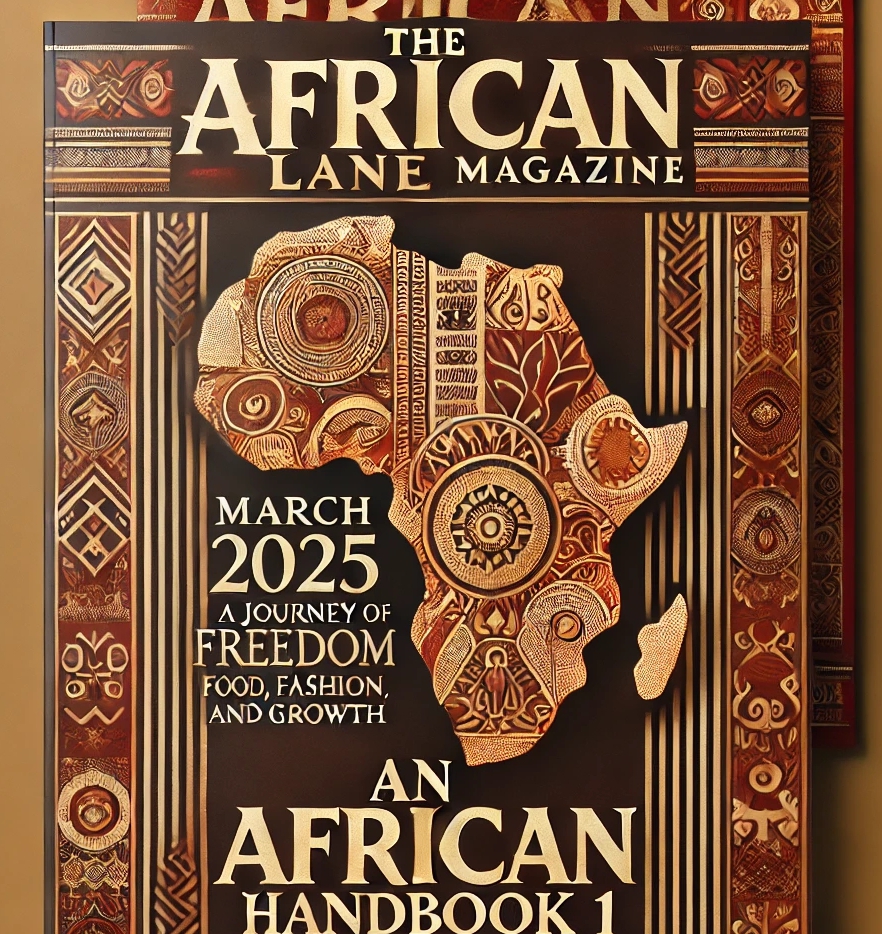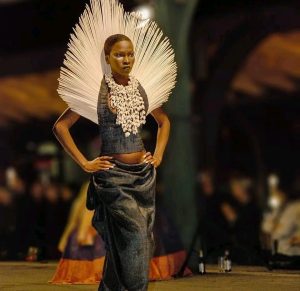The Homowo Festival
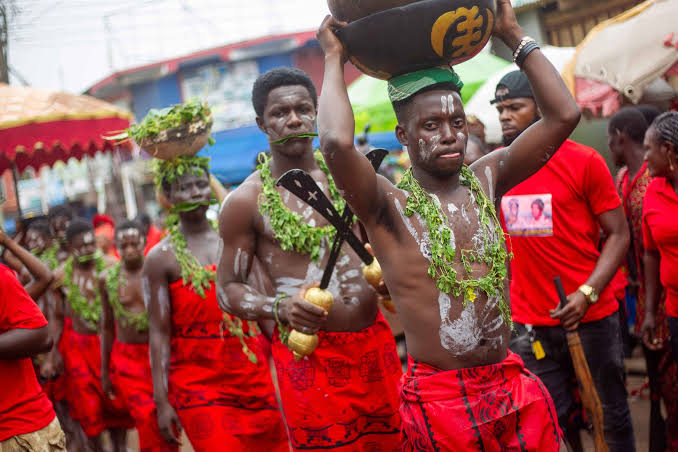
The Homowo Festival
The Homowo Festival is one of the most important cultural celebrations for the Ga people of Ghana, particularly in the Greater Accra Region. The festival is a significant expression of the Ga community’s history, traditions, and agricultural practices. “Homowo” translates to “hooting at hunger”, and the festival is celebrated to mark the end of a period of famine and to give thanks for a bountiful harvest.
Key Elements of the Homowo Festival:
1. Historical Significance: The festival commemorates the Ga people’s legendary migration from their ancestral homeland and the subsequent period of famine. The ancestors are believed to have been able to overcome this hardship, and Homowo symbolizes victory over hunger and the prosperity that followed.
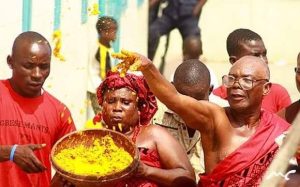
2. Timing: Homowo is celebrated annually, usually in the months of May or June, depending on the Ga lunar calendar. It occurs after the major harvest of maize, which is the central crop for the festival. The festival lasts for several weeks, with different events taking place throughout.
3. Celebratory Rituals:
Food: The main dish prepared during Homowo is “Kpokpoi”, a traditional food made from maize, often served with palm nut soup or fish. The preparation and sharing of Kpokpoi are symbolic of the community’s gratitude for the harvest.
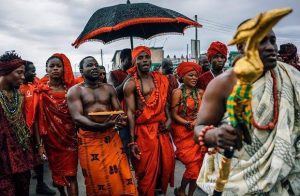
Sacrifices and Offerings: During the festival, various sacrifices and rituals are performed to honor the gods, ancestors, and spirits. This may include offerings of food, drinks, and animals in specific locations, such as shrines and sacred grounds.
Dancing and Drumming: The streets are filled with vibrant processions, music, and dance, especially from traditional drumming groups. The sound of drums is essential in the celebrations and often marks key moments of the festival.
4. Festi
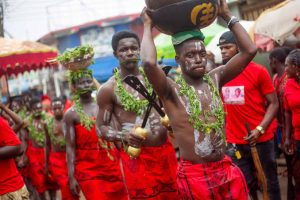
vities and Activities:
Parades and Processions: One of the highlights of Homowo is the traditional procession where the chiefs and elders of the Ga communities, dressed in ceremonial attire, lead the people through the streets. The procession is often accompanied by dancing, drumming, and singing.
Cultural Performances: The festival features a variety of performances, including traditional dances, music, and storytelling that reflect the history, customs, and beliefs of the Ga people.
Public Celebrations: During Homowo, the entire community is involved in the celebration. People exchange greetings, visit family members, and enjoy the festive atmosphere. The streets of Accra and surrounding towns like Teshie, Nungua, and La come alive with colorful celebrations.
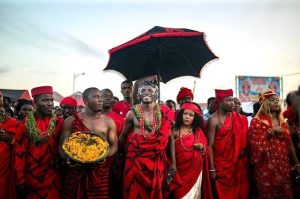
5. The “Hooting” Ceremony: The name “Homowo” refers to the tradition of hooting (or shouting) at hunger, a symbolic act meant to show defiance against famine and to signify the triumph over difficult times. In some communities, the “hooting” can be heard as chants or loud expressions of joy, marking the victory over past hardships.
6. Religious Importance: The festival also has a spiritual aspect, as it is a time for the Ga people to honor their gods and ancestors. Priests and spiritual leaders often perform ceremonies to seek blessings for prosperity and well-being in the coming year.
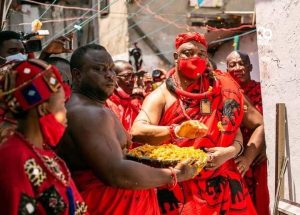
Homowo’s Cultural Impact:
Homowo is more than just a festival; it’s a deep-rooted cultural event that reaffirms the identity of the Ga people and their connection to their heritage. It’s a time for the community to come together, to celebrate life and the harvest, and to share in the joy of their collective achievements.
Though the festival’s roots are in the Ga communities, it has become a popular event for many Ghanaians and even tourists who want to experience the rich traditions, vibrant music, and festive spirit of the people. It is a wonderful showcase of Ghanaian culture, hospitality, and resilience.
Image Source: Google
